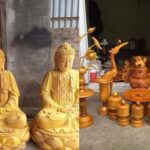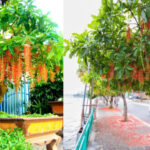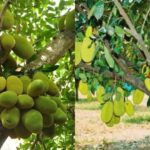Do not cut down sacred trees in temples and shrines
The ancient trees in religious sites such as temples and shrines are considered sacred and are believed to house spirits and deities. Cutting them down without proper ritual is thought to bring bad luck and misfortune. Therefore, it is important to seek permission from the spiritual entities and only relocate these trees when necessary. Many believe that those who participate in the indiscriminate cutting of these trees may face health issues, bad luck, and financial difficulties.
If there is a need to remove these trees, it is advisable to perform a ritual to ask for permission from the spirits and deities. It is also considered respectful to only cut or move the tree if it is absolutely necessary.
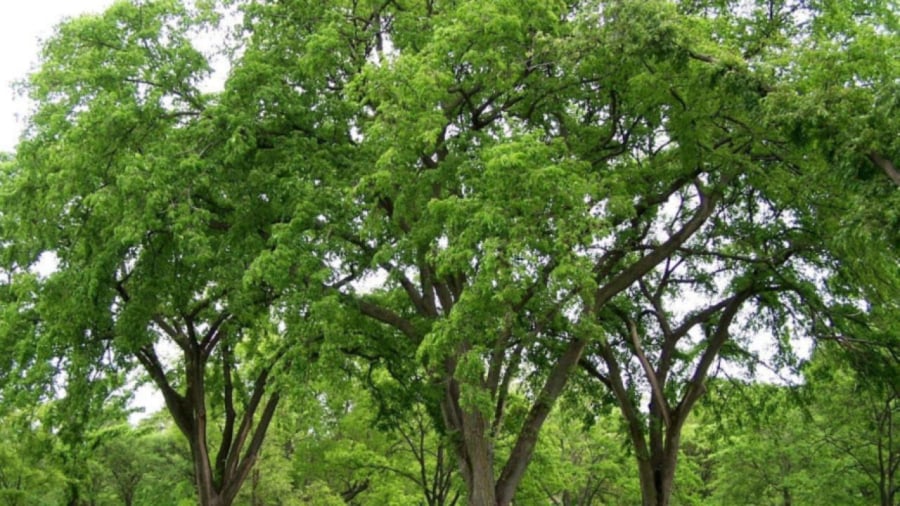
Respect ancient trees in temples and shrines
Roadside ancestral trees
You may have noticed large trees by the roadside that have small shrines and incense burners. These trees are believed to be the dwelling places of wandering spirits, including those who met with accidents or unfortunate deaths. Cutting down these trees is considered an act of disrupting the peace of the spiritual entities residing there. It is thought that doing so may invite vengeful spirits into your life or bring about bad luck and illness.
Many atheists who have participated in cutting down these trees are said to have experienced prolonged illness. As a result, some road construction projects have altered their routes to avoid cutting down these sacred trees.
Family heirloom trees
Ancestral trees, such as loc vuong, van tuoi, and tuong vi, are highly valued in traditional culture. Cutting down these trees is believed to disrupt the family’s spiritual connection and destroy the existing favorable feng shui. The presence of long-standing trees in a family compound is seen as a sign of good feng shui, so removing them is considered disrespectful to the ancestors.
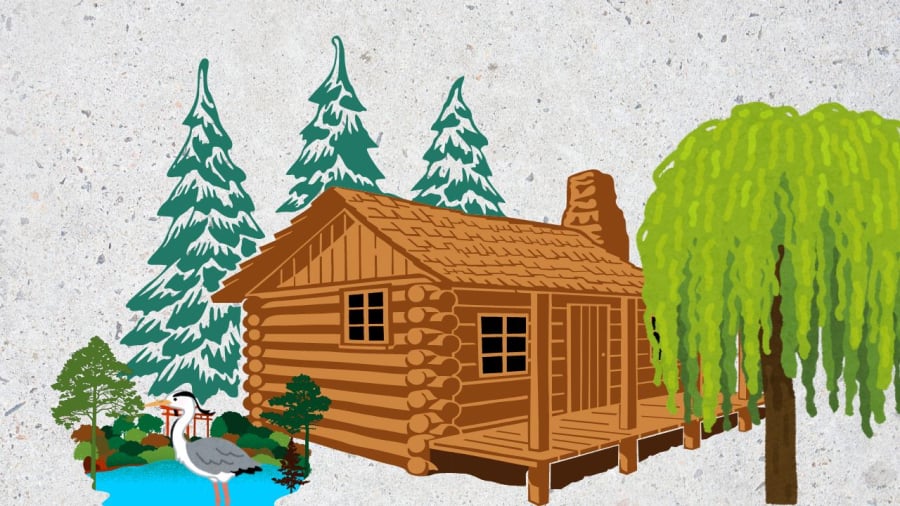
Heirloom trees are a family legacy
The sacred fig tree
The sacred fig tree, or “du” tree, is believed to have a soul, especially the ancient ones. In the past, people used to bury their deceased family members under the du tree, hence its association with the supernatural. However, having a du tree at the back of your house is considered auspicious as it drives away evil spirits and bad luck. In Chinese, the word for “du” is similar to the word for “surplus,” so the tree is also associated with abundance and good fortune.
Given the tree’s longevity and ability to survive for centuries, it is considered a treasure. Cutting down an ancient du tree is believed to bring about the loss of good fortune and wealth.
The crisp pear tree—a symbol of wealth and prosperity
In feng shui, the crisp pear tree is considered a symbol of wealth and prosperity. The abundant fruits hanging from the branches resemble bars of gold, signifying financial abundance. Cutting down this tree is believed to bring about the loss of good fortune and prosperity.
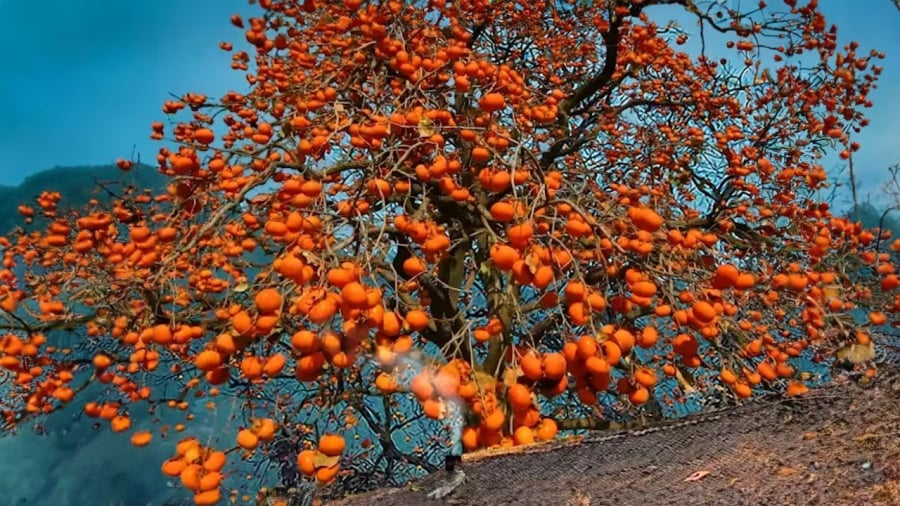
The crisp pear tree—a symbol of abundance
By cutting down this tree, one is believed to be cutting off their source of wealth and good fortune. The presence of an ancient crisp pear tree in a household is considered a blessing, bringing good luck and financial prosperity.
In traditional culture, trees are valued as a precious asset, and living in harmony with nature is seen as a way to show respect to the trees, especially those that have stood the test of time and brought benefits to humankind.
While some may consider these beliefs as superstition, they also serve as a reminder to appreciate and protect our natural environment, especially the ancient trees that have become a part of our heritage.
This information is for reference only and is based on traditional beliefs.
























